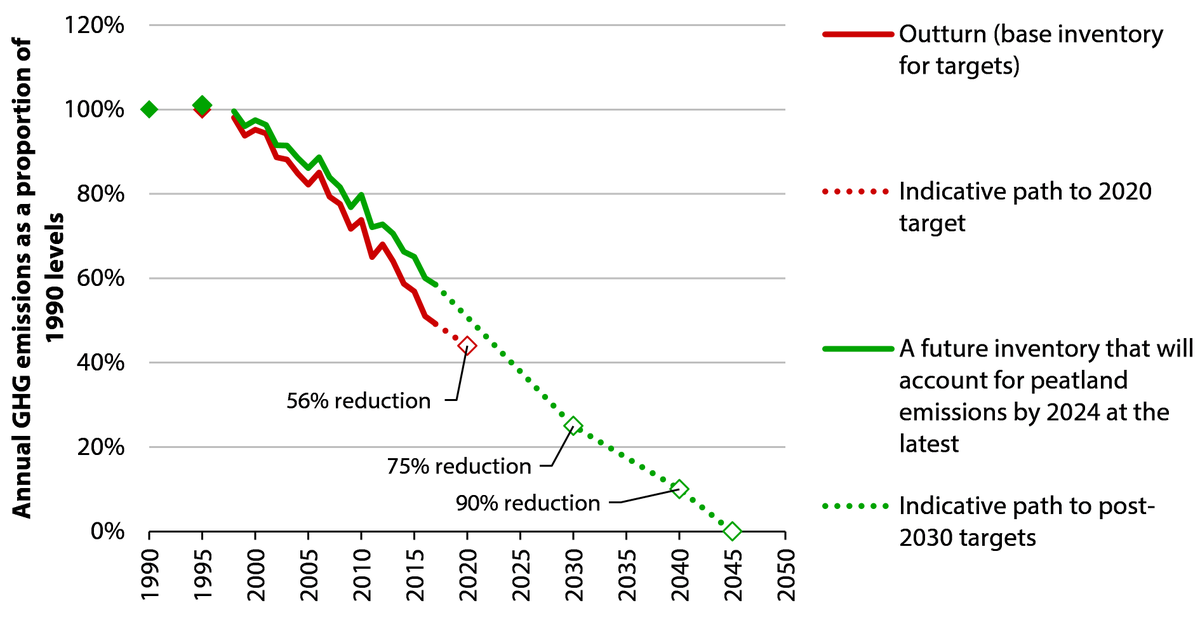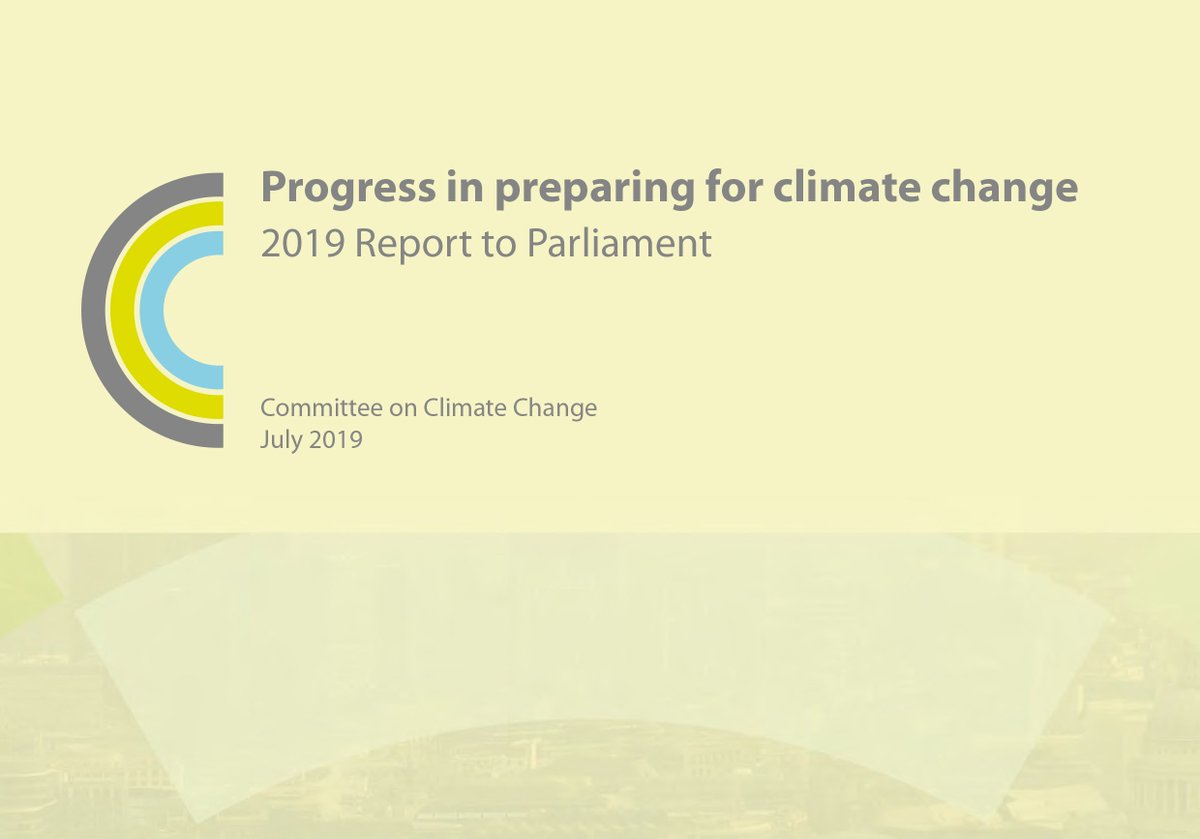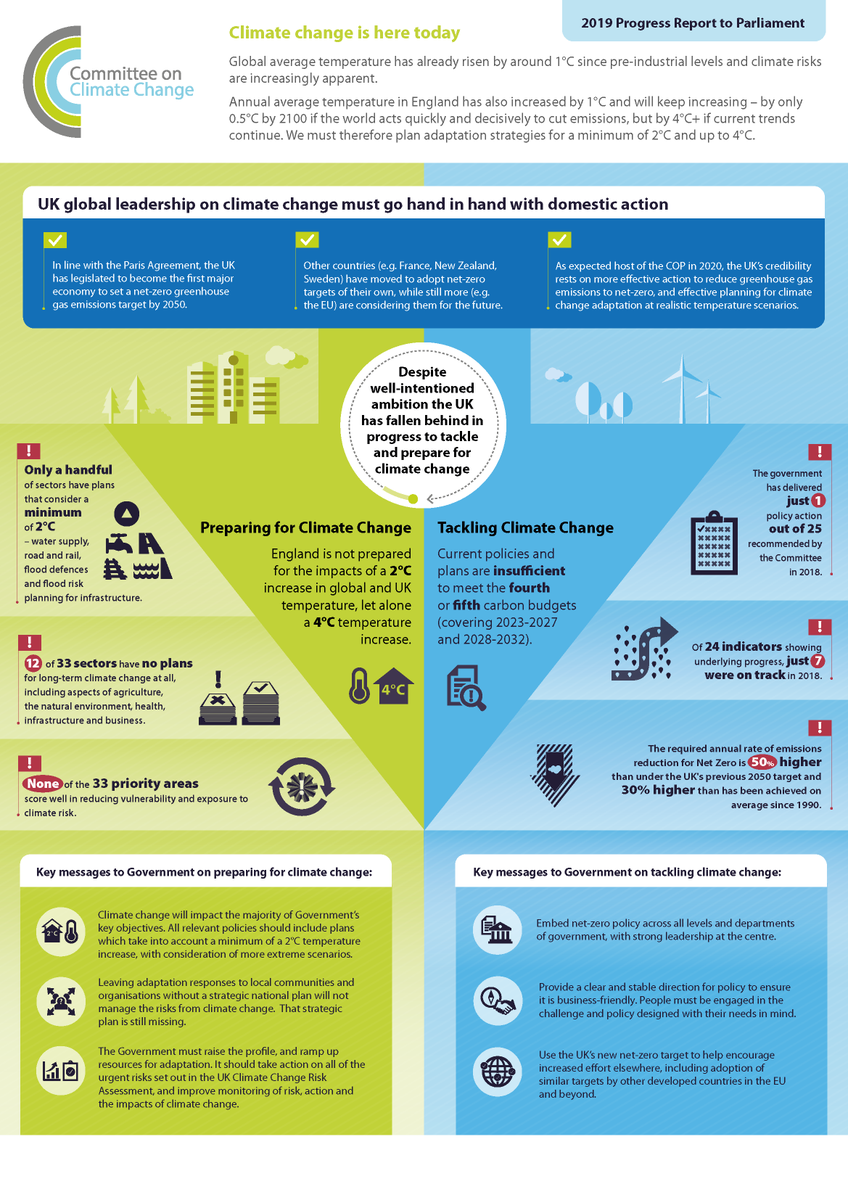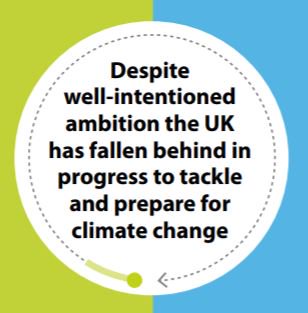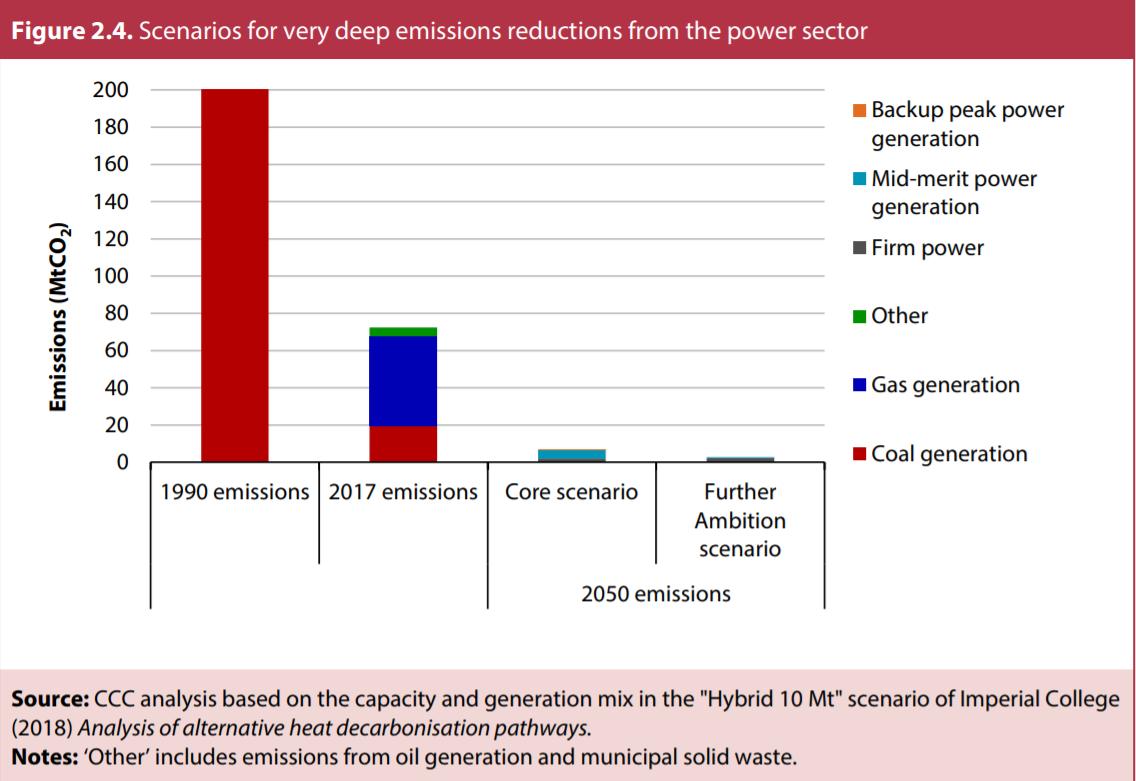
The Sixth Carbon Budget (2033-2037) charts the decisive move to zero carbon for the UK. The CCC shows that polluting emissions must fall by almost 80% by 2035, compared to 1990 levels – a big step-up in ambition. (1/12) #UKCarbonBudget 🧵
Our recommended Sixth Carbon Budget would achieve well over half of the required emissions reduction to 2050 in the next 15 years, but decisive action must start today. (2/12) #UKCarbonBudget
The recommended Sixth Carbon Budget and UK NDC also reflect the goals and requirements of the Paris Agreement, recognising the UK’s responsibility as a richer developed nation and its respective capabilities. (3/12) #UKCarbonBudget 

When we recommended the UK’s #NetZero target for 2050, we demonstrated that any negative economic impact was likely to be small and the overall impact could turn out to be positive. Our analysis for this report reinforces that finding. (4/12) #UKCarbonBudget 

Our estimate of the annualised resource cost (which measures the net additional cost each year to deliver the same services with lower emissions) has fallen to less than 1% of GDP through to 2050. (5/12) #UKCarbonBudget
Delivering our recommended Sixth Carbon Budget will involve a large sustained increase in investment, adding around £50 billion annually by 2030 (compared to current economy-wide investment of nearly £400 billion). (6/12) #UKCarbonBudget 

This required investment programme can provide a significant economic boost in the coming years and support the UK’s economic recovery from COVID-19. Our pathway also involves considerable opportunities for job creation. (7/12) #UKCarbonBudget 

Government must organise for the major delivery challenge of Net Zero. A slower path for emissions reduction, and a looser Sixth Carbon Budget, would put the 2050 Net Zero target at risk and reduce the scope for learning-by-doing. (8/12) #UKCarbonBudget 

UK climate targets cannot be met without strong policy action across Scotland, Wales and Northern Ireland, tailored for national, regional and local needs. (9/12) #UKCarbonBudget 

Meeting the Sixth Carbon Budget will require action across four key areas; reducing demand for carbon-intensive activities, increased take-up of low carbon solutions, expansion of low-carbon energy supplies and in transforming the UK’s land. (10/12) #UKCarbonBudget 

Delivering the actions required in the 2020s to meet the Sixth Carbon Budget requires policies to be strengthened now. Different sectors will decarbonise at different rates, reflecting the relative opportunities. (11/12) #UKCarbonBudget 
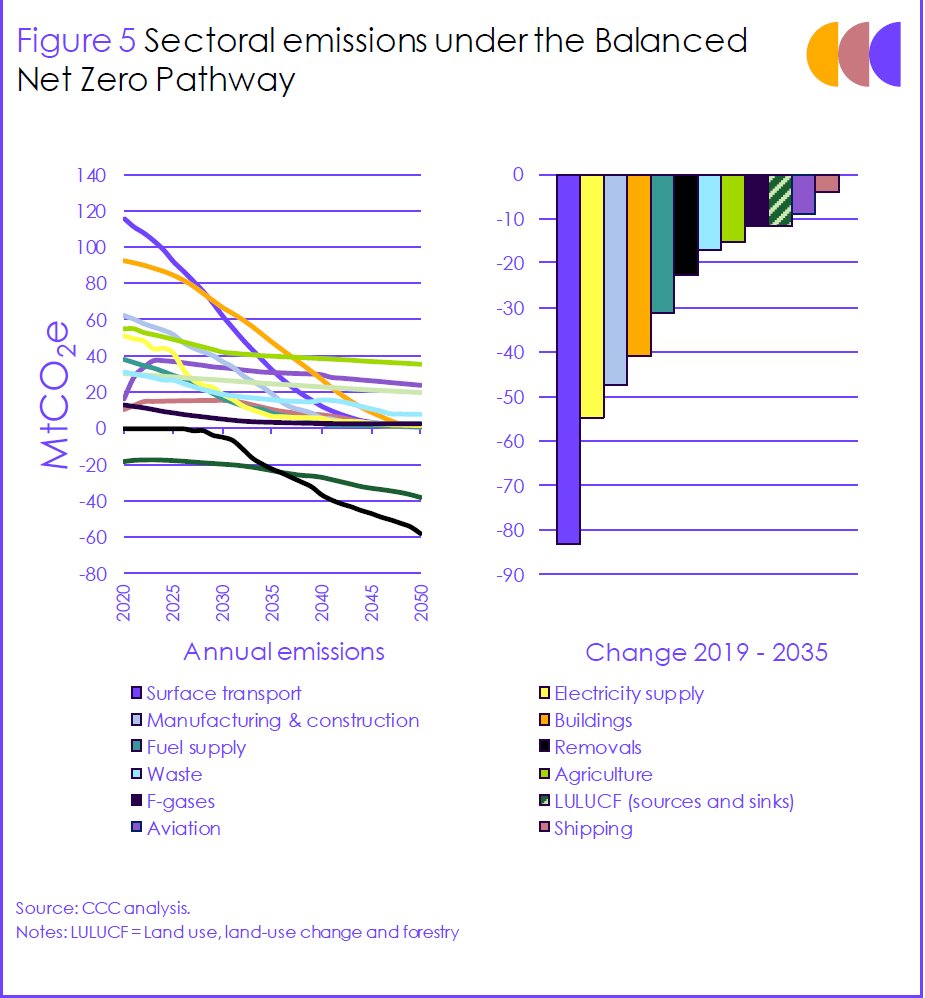
Matching strong ambition with action is vital for the UK’s credibility. Government must set the Sixth Carbon Budget in law by the end of June 2021. It must be followed, as soon as possible, by a set of policies and proposals that would meet the budget. (12/12) #UKCarbonBudget 
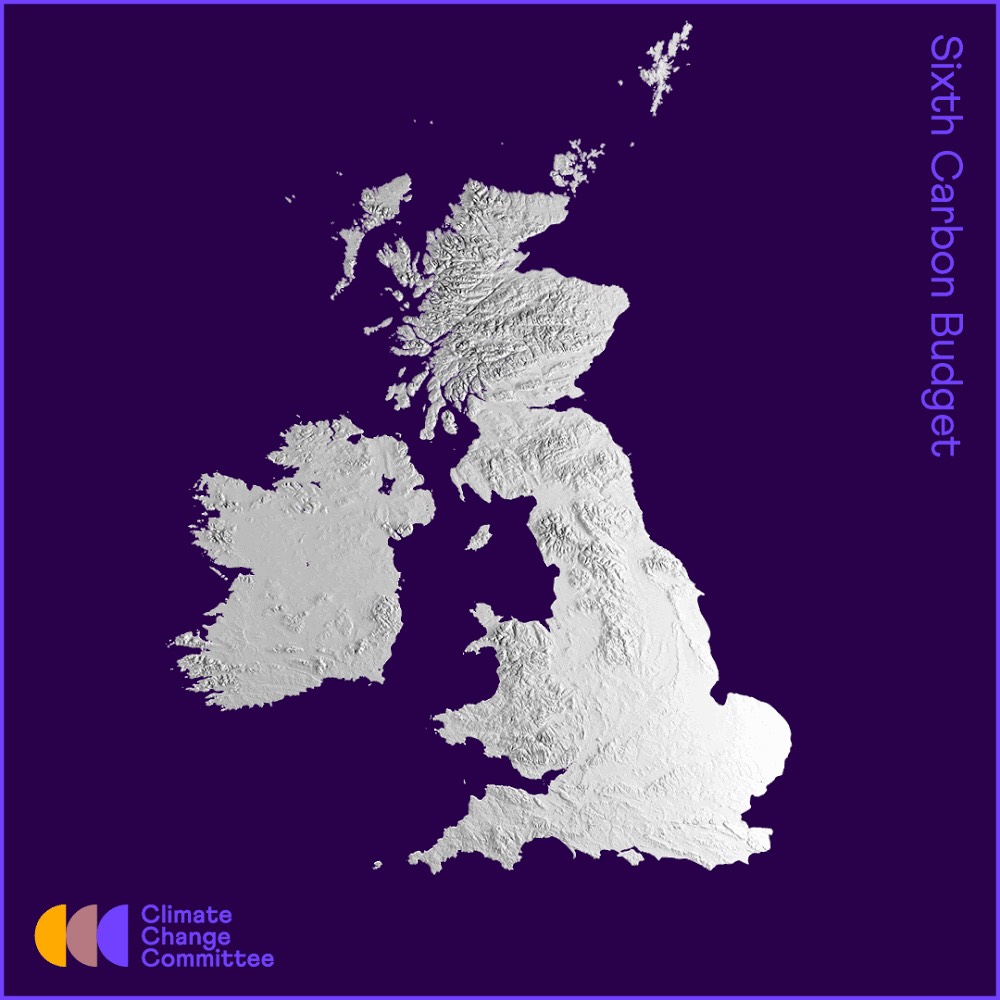
• • •
Missing some Tweet in this thread? You can try to
force a refresh






